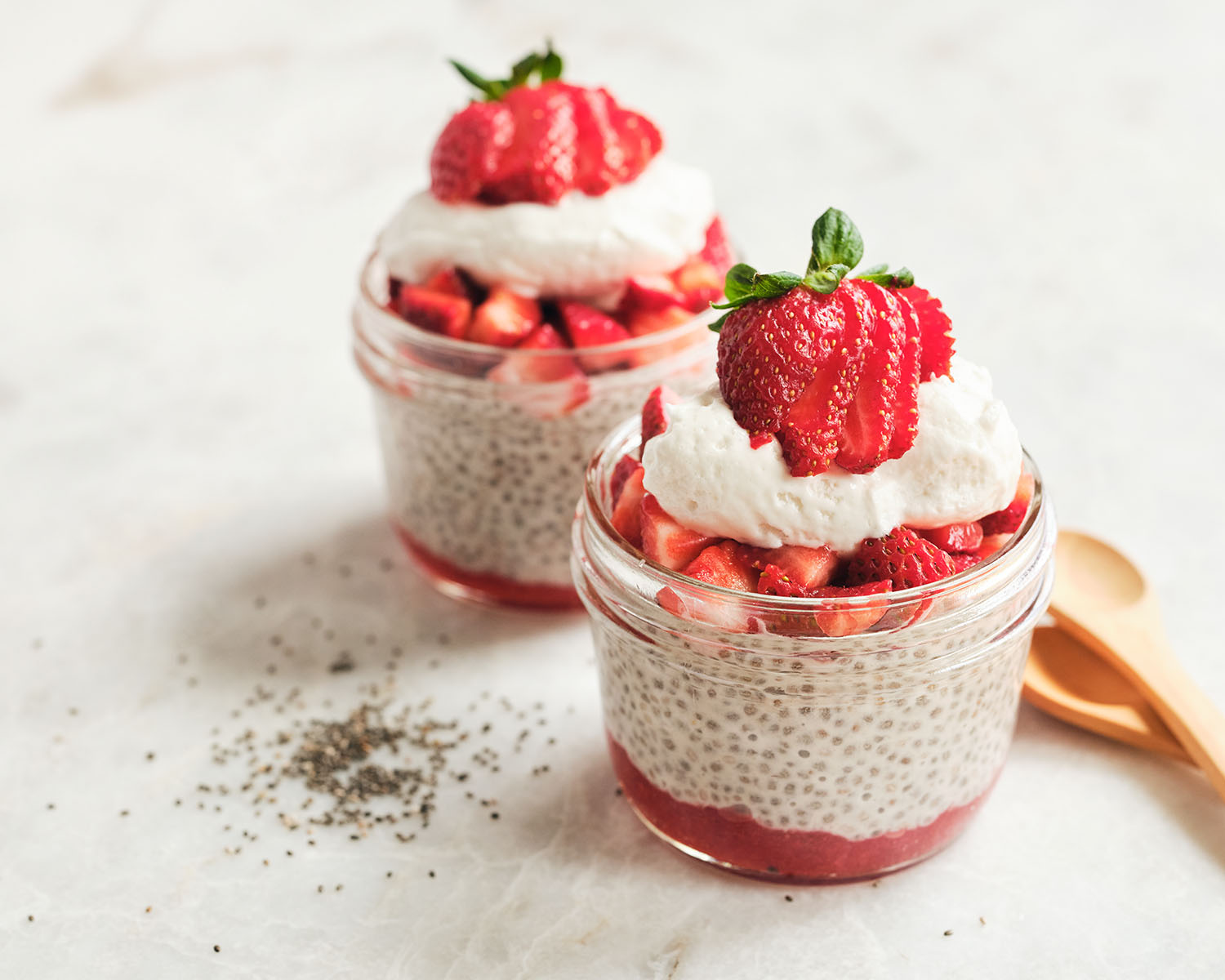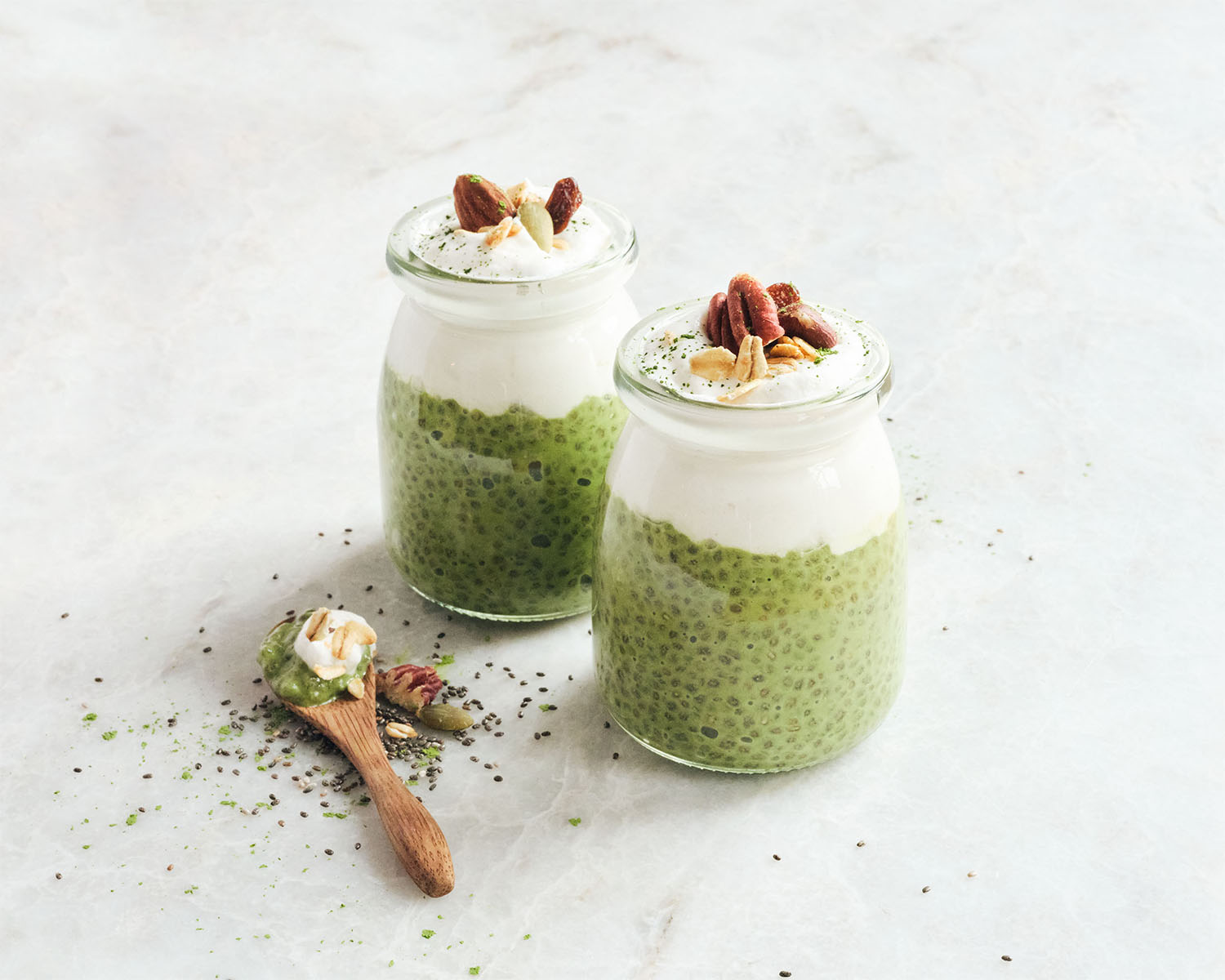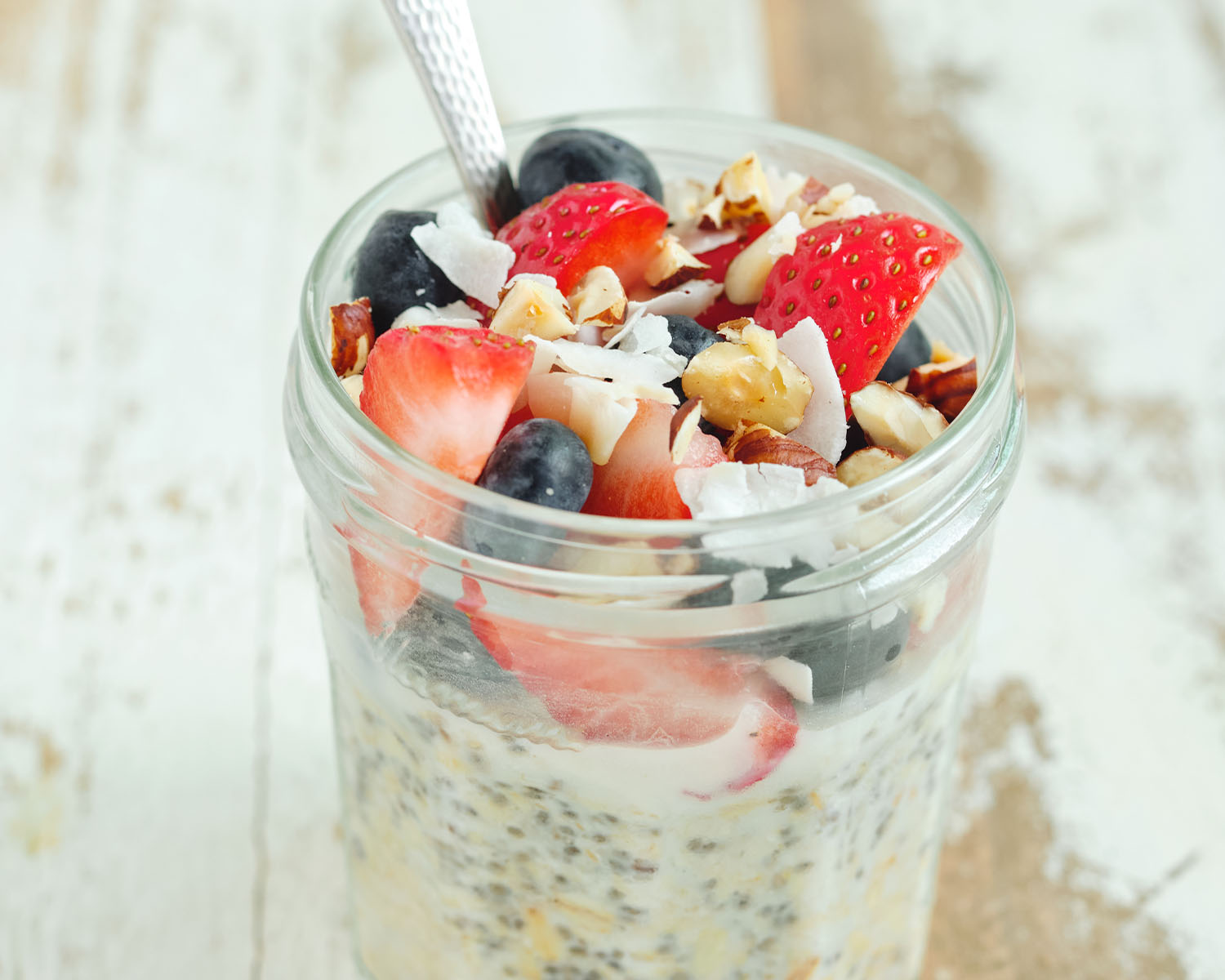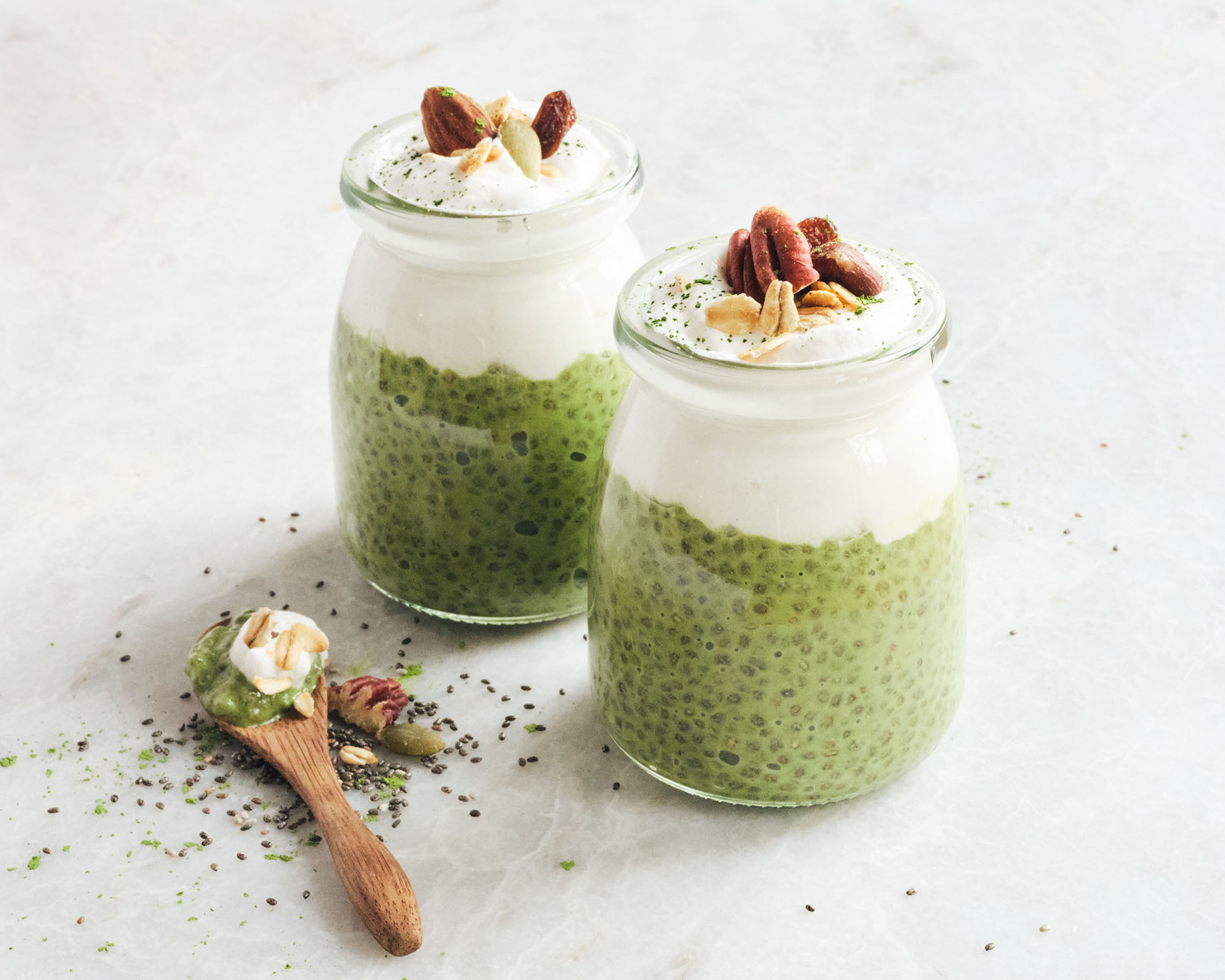
Introducing chia seeds, a nutritional powerhouse! This ancient Mayan superfood has gained widespread popularity in recent years. From their origin and perceived health benefits, to preparation and recipes, let us guide you through some of the basics when it comes to chia seeds. Known to be packed with omega-3 fatty acids, proteins, and fibers, these seeds may contribute to heart and brain health, aid digestion, and offer a feeling of fullness. Discover the simplicity of incorporating chia seeds into your routine with easy and delicious recipes.
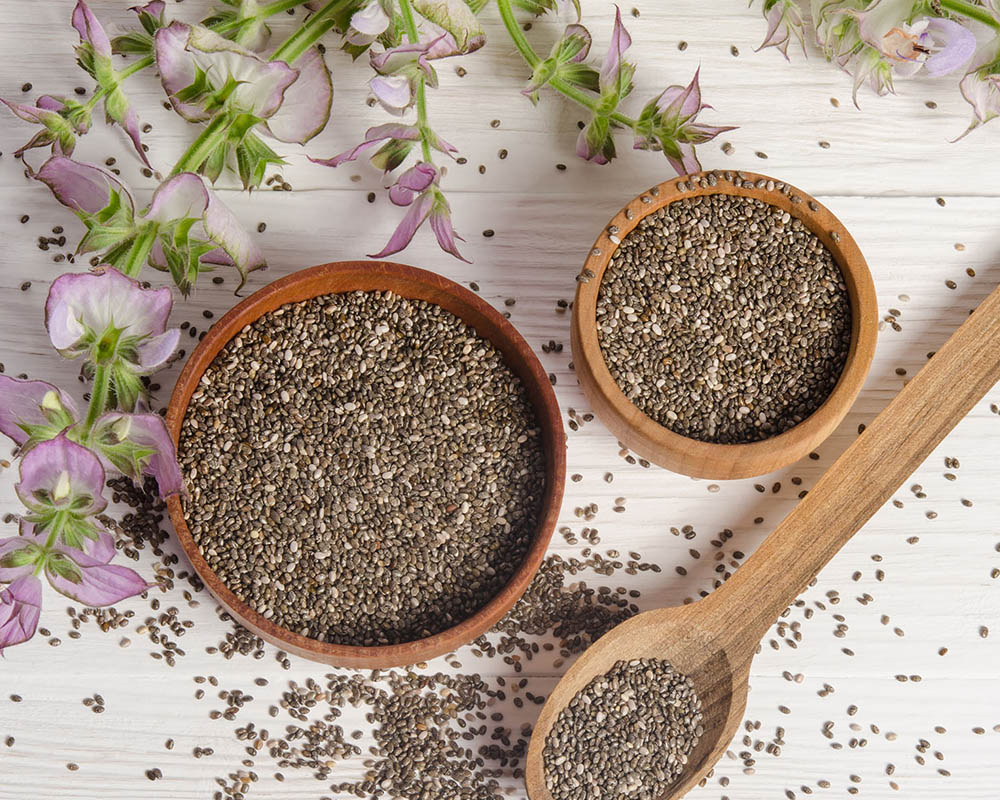
Origin
Chia seeds come from the plant Salvia hispanica, which is a member of the mint family. This plant is native to central and southern Mexico and Guatemala. Chia seeds have been an important part of the diet in this region for thousands of years, dating back to the time of the Aztecs and Mayans. In fact, the word “chia” is believed to have Mayan origins, meaning “strength.” These seeds were highly valued for their nutritional properties and were considered a staple food. They were believed to provide sustained energy and said to be used by warriors and messengers for endurance.
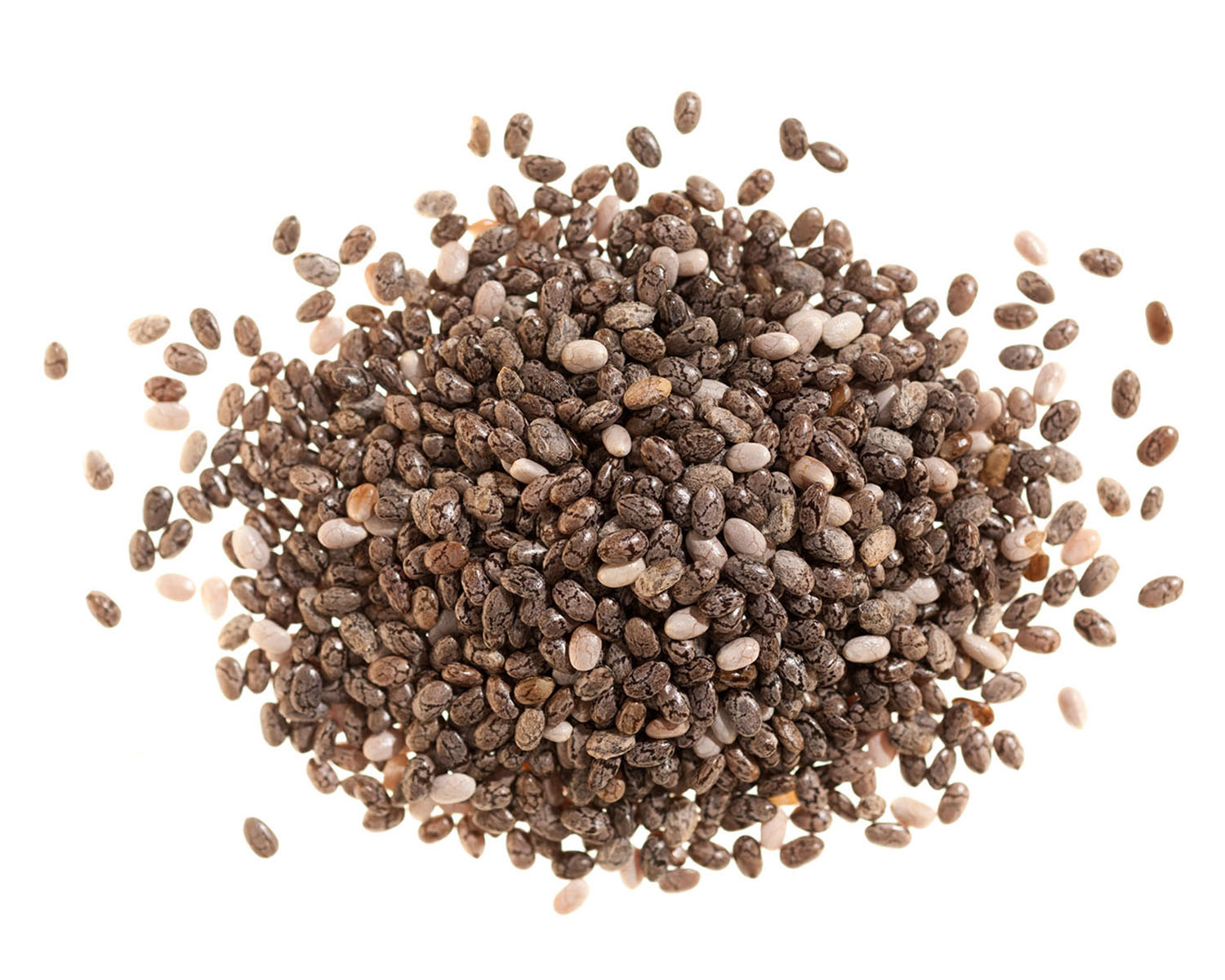
Health
These tiny seeds are rich in omega-3 fatty acids and contain all 9 essential amino acids needed to create a complete protein. A 3-tablespoon serving can supply over 1/3 of the daily value for fiber and are rich in minerals like calcium, potassium, phosphorus, magnesium, and iron—as well as B vitamins. Consuming pre-soaked chia seeds is thought to promote lasting hydration since they can absorb up to 12 times their weight in water. It’s important to note that consuming large amounts of unsoaked chia seeds may have a dehydrating effect due to their efficiency in absorbing water. So as with any high-fiber food, start slow!
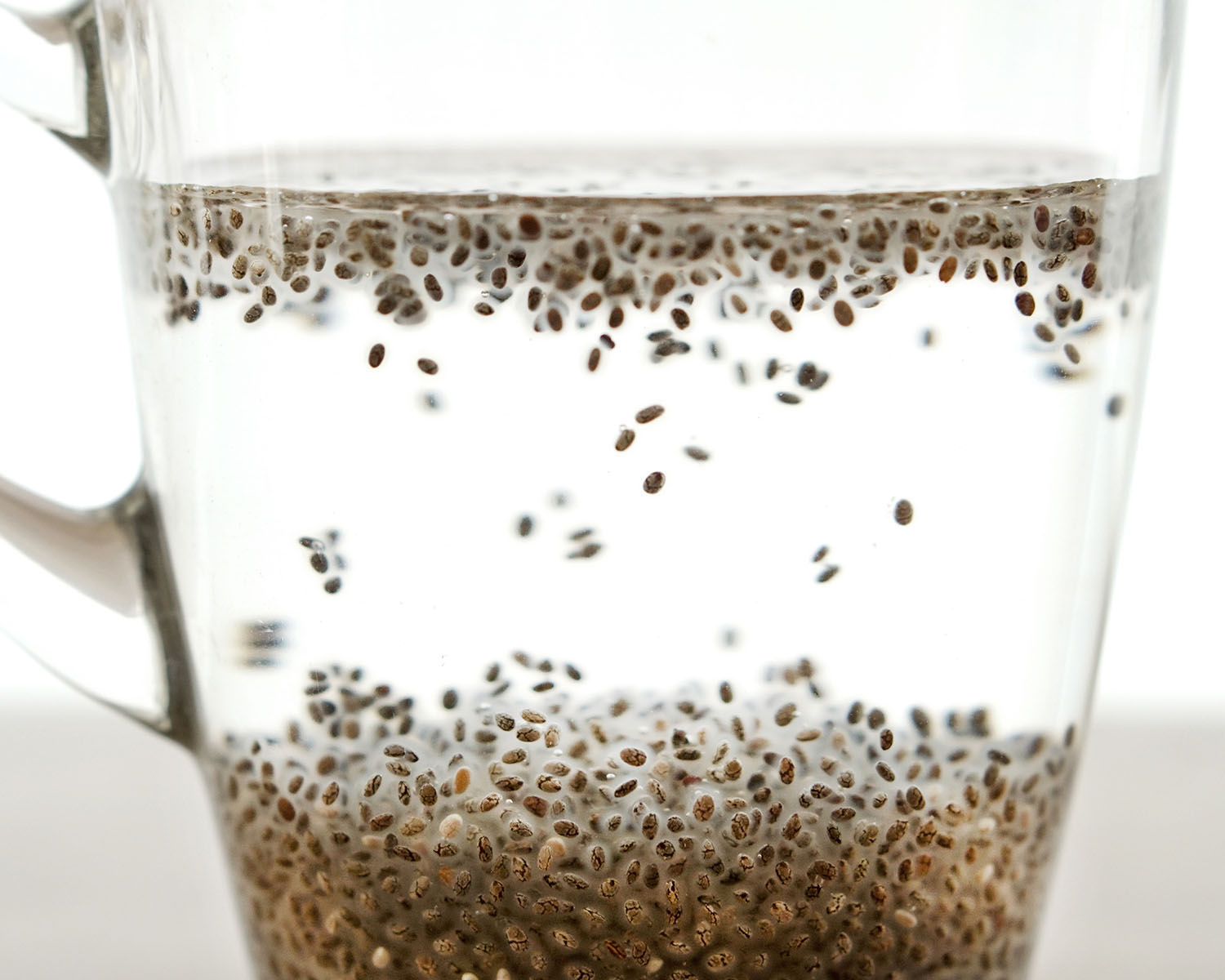
How to Use
Extremely versatile, chia seeds are easily incorporated into a variety of dishes, making them a convenient, plant-based, nutrient-rich addition to a healthy diet. They can be eaten raw in salads or blended into smoothies, puddings, and baked goods. Ground chia seeds can even be used as a plant-based egg replacer. Simply stir 1 tablespoon ground chia seeds into 3 tablespoons cold water and let sit 15 minutes. The mixture will form a thick gel that acts as a binder for vegan baking. The seeds can also replace up to 25% of oil in baking.
Check out the following recipes for inspiration.
Strawberry Chia Pudding
Simple to assemble and no cooking required! This high-protein, high-fiber pudding requires only an overnight soak to thicken into creamy perfection. This slightly sweet treat will be your new breakfast favorite.
Matcha Chia Pudding
Energize your morning with your own, homemade, matcha chia pudding. This healthy breakfast treat offers 6 grams of plant-powdered protein per serving and a subtle caffeine kick. It’s easy-to-make and requires no cooking!
Overnight Oats
Meal prep for breakfast! Make this easy recipe and portion into your favorite commute-friendly jars for a great, grab-and-go, morning meal.
With a rich nutritional profile and culinary versatility, these tiny superfood seeds have stood the test of time. Add chia recipes to your repertoire, and enjoy their many benefits.

